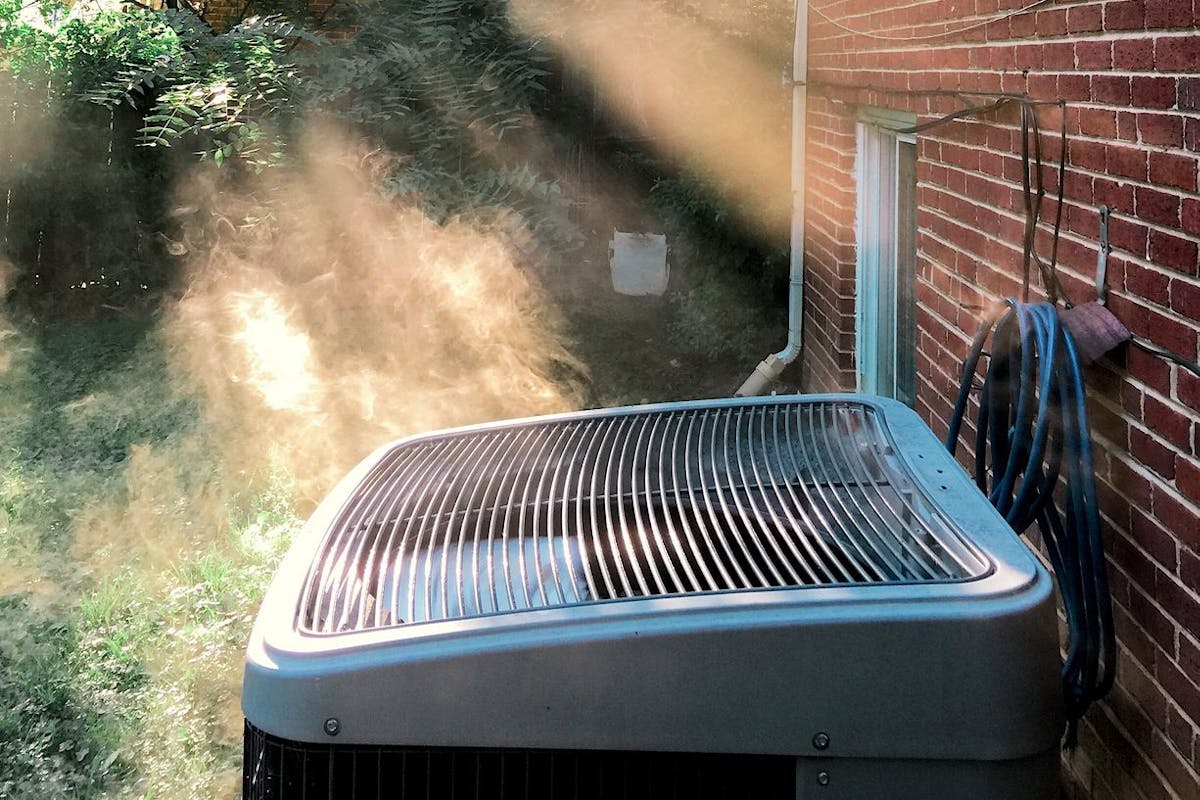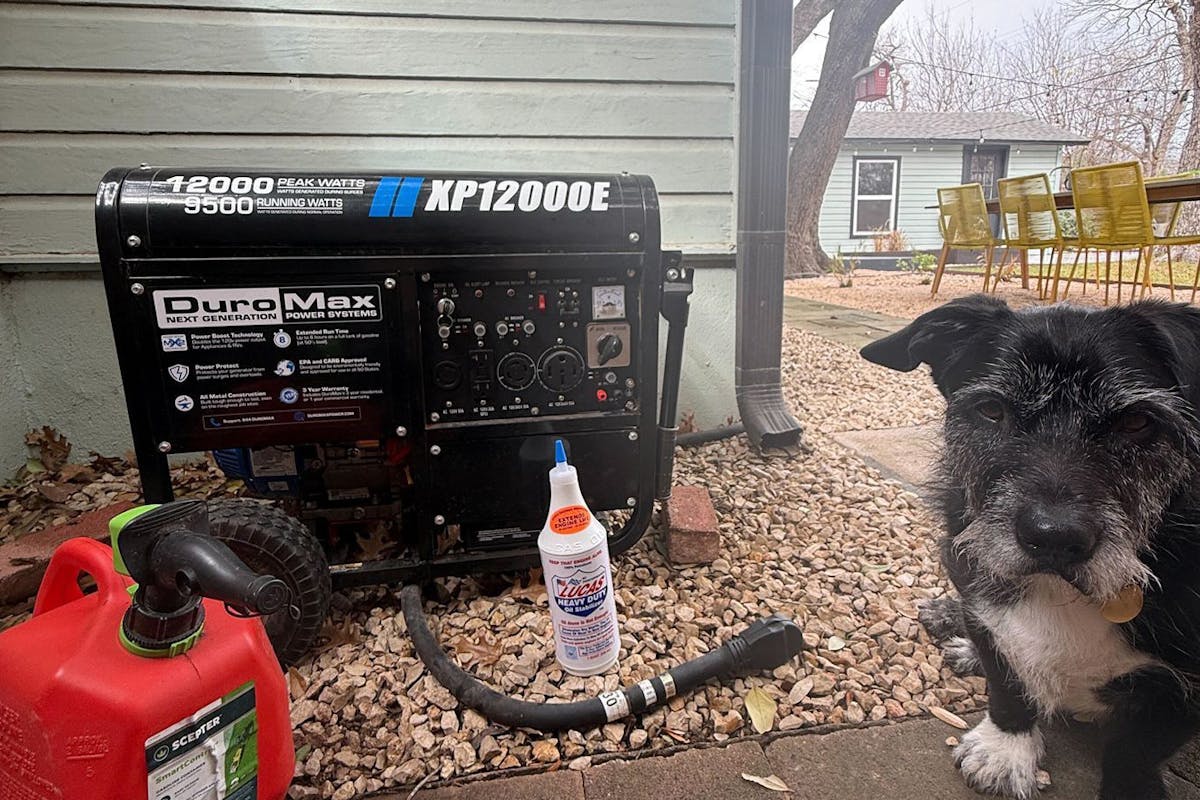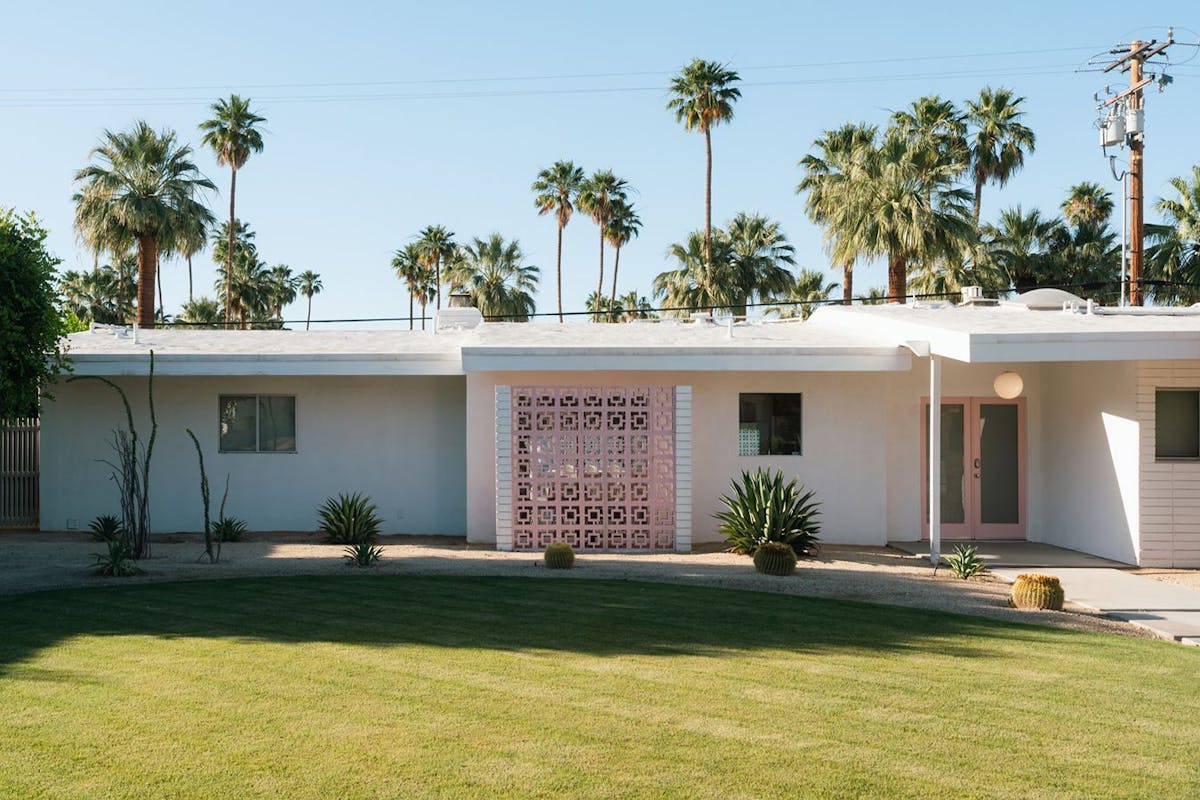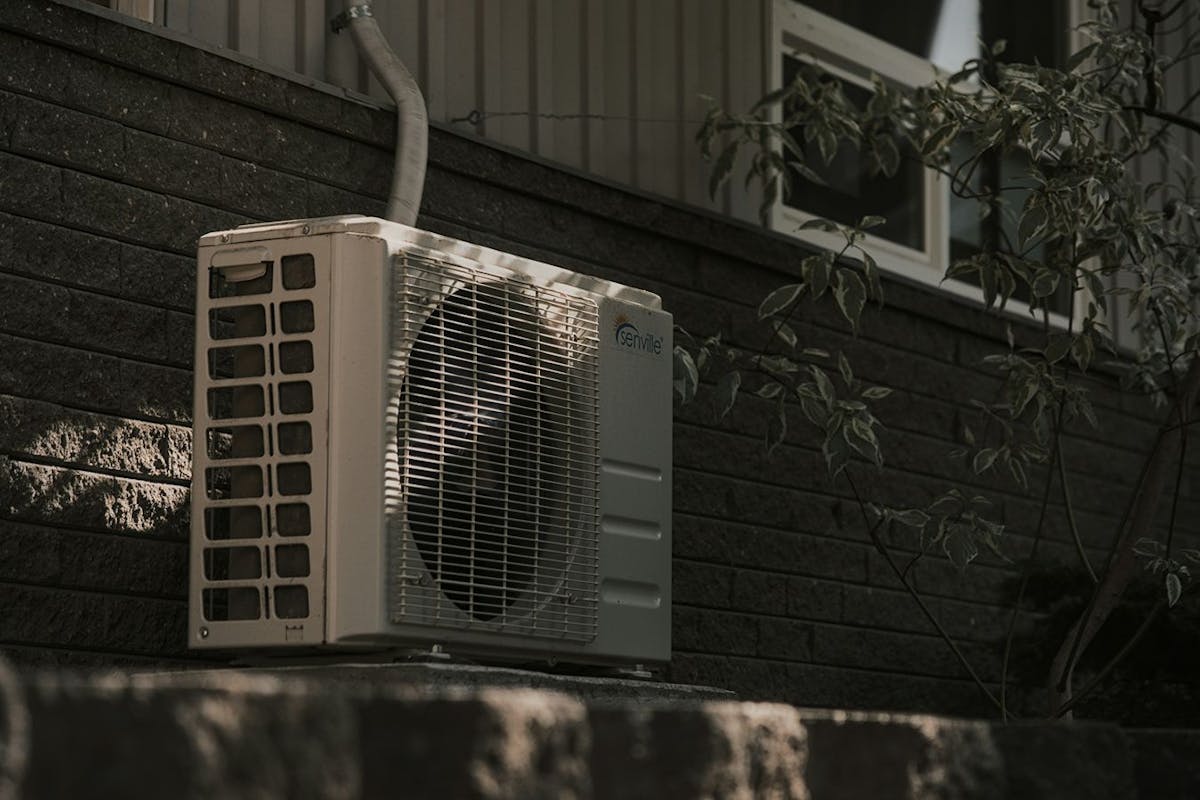Heat Your Home With Electricity: Here Are Your Options
Last edited
Author
Andrew Blok
Electrification and Solar Writer and Editor
Editor
Andrew Giermak
Solar and Electrification Writer and Editor

Whether you’re looking at electric HVAC options because you’re looking to help your budget, benefit the climate, or just make your home more comfortable, the first step is knowing just what’s available.
Heat pumps are the most efficient electric heating option and, depending on your home and local energy prices, can reduce your energy bills. Here’s how they stack up to the other electric heating options available today.
See how much you can save with a new HVAC system from Palmetto
Heat pumps
Heat pumps are the most energy-efficient HVAC system for most homes. This is mainly because a heat pump moves heat in or out of your home to heat or cool it, rather than using a fuel source to generate heat.
In cooling mode, a heat pump works like an air conditioner. An indoor unit moves air across a cooled refrigerant in a coil, the refrigerant captures the heat, and moves it outside where it releases to the air (or in some cases, the ground). The now cooler refrigerant gets even colder as it heads inside, where it starts the cycle over again.
Heating mode is basically the reverse. Refrigerant in the outdoor coil gets so cold that, even in winter temperatures, it absorbs heat from the outdoor air. The refrigerant travels indoors where it releases the heat, warming your home. In heating mode, backup electric heat strips can speed up or supplement the process.
While electric resistance heaters reach 100% energy efficiency and other gas or electric heating systems can get close to 100%, a heat pump can easily be 2.5 to 4 times as efficient. This means a heat pump supplies 250%-400% the heating or cooling output as the energy (electricity) it uses. Variable speed heat pumps and geothermal heat pumps can reach five times the efficiency.
Electric furnaces
Electric furnaces use electricity and a bank of resistance coils to generate heat, basically a bigger version of what’s in a space heater, toaster, or hair dryer.
An electric furnace has a lower upfront cost in general than a heat pump and are cleaner than gas or oil heating systems, but are less energy efficient than electric heat pumps and cost more to operate. Depending on your area’s electric and gas rates, they may cost more than heating with natural gas. Heat pumps give you heating and cooling in one system which could help you reduce maintenance and repair costs.
See how much you can save with a new HVAC system from Palmetto
Electric baseboard heaters
Electric baseboard heating, like an electric furnace, uses an electric current passed through a heating element to generate heat. It converts nearly 100% of the electrical energy into heat. Baseboard heating is installed low on walls and warms spaces with convection heating (i.e. the heat starts low, but rises naturally to heat the whole room).
Electric baseboard heating may be a good option when you want heating only in certain spaces of your home, you need heating very rarely given your region or climate, or as a backup/emergency heat source to supplement another system like a heat pump.
The main drawback or negative with electric baseboard heating is cost. While about 100% energy efficient, it’s using electricity to generate heat the entire time it’s on, so if you need heat consistently on for long periods, baseboard heating runs up energy consumption and bills.
Electric baseboards can be a safety risk for pets and children as they are very hot to the touch. They can also be a fire risk.
Heat pumps are the best year-round option
Heating and cooling with one year-round HVAC system has a number of benefits. Having one durable, reliable system with an expected lifespan of 15 or more years can be a sound long-term financial decision. Compare this to having two major systems which could need service and maintenance, then eventual repair or replacement.
This shared, highly-efficient system means you could benefit from lower energy bills year-round.
From 62-95% of households in the US would have lower energy bills if they switched to a heat pump according to a 2024 study by the National Renewable Energy Laboratory.
Combining a heat pump with home solar panels can reduce your heating costs even further with renewable solar power.
| Factor | Benefit |
|---|---|
| Energy efficiency | A heat pump moves existing heat instead of generating it. It can deliver 3-5 times more thermal energy than the electrical energy it consumes. |
| Elimination of fossil fuels | Electric heating eliminates the cost of natural gas, propane, or fuel oil. |
| Combined heating and cooling | A 2-in-1 heating and cooling system maximizes the value of installation and long-term maintenance. |
| Zoning | Zoned or variable-speed systems can give you higher efficiency, precise control, and more cost savings. |
Heat pump leasing
If you’re thinking about a heat pump for your home, a heat pump lease may be a good fit. Much like leasing a car or an apartment, you can lease a new energy-efficient heat pump for no money down and set monthly payments.
With a lease, such as the Palmetto Comfort Plan, you get all the comfort and benefits of the heat pump, full service and maintenance coverage, and the ease of year-round heating and cooling. You also have the option to buy the system or upgrade to the latest efficient heat pump after a number of years or at the end of the lease contract.
You can learn more about your current energy usage and potential energy savings with the Palmetto app. It’s quick and easy to see how changes like heating and cooling with a heat pump and going solar could lead to comfort, independence, and savings. Or, reach out for a free HVAC quote.
See how much you can save with a new HVAC system from Palmetto
Frequently asked questions
Do heat pumps work in very cold winters?
Modern heat pumps work with proven efficiency and reliability in very cold temperatures. Specifically, cold climate heat pumps are built and certified to work with a guaranteed level of energy efficiency and production in temperatures below freezing to under zero.
What is a ductless heat pump?
A mini-split heat pump has one or more compact interior air handlers, usually mounted on a wall, covering different rooms or spaces of a home. A ductless system can be used for zoned heating and cooling which can give you better comfort and increased energy efficiency.


